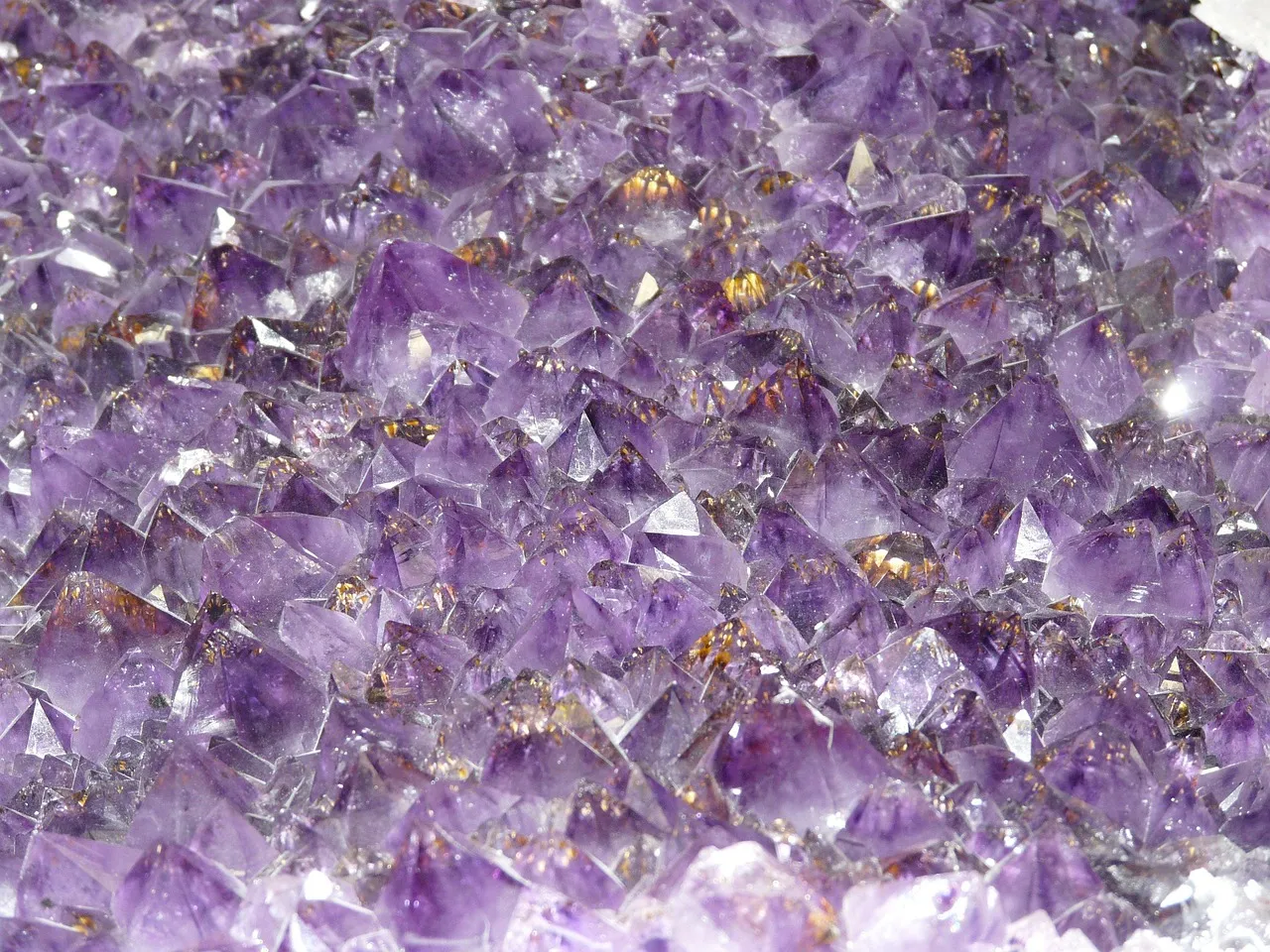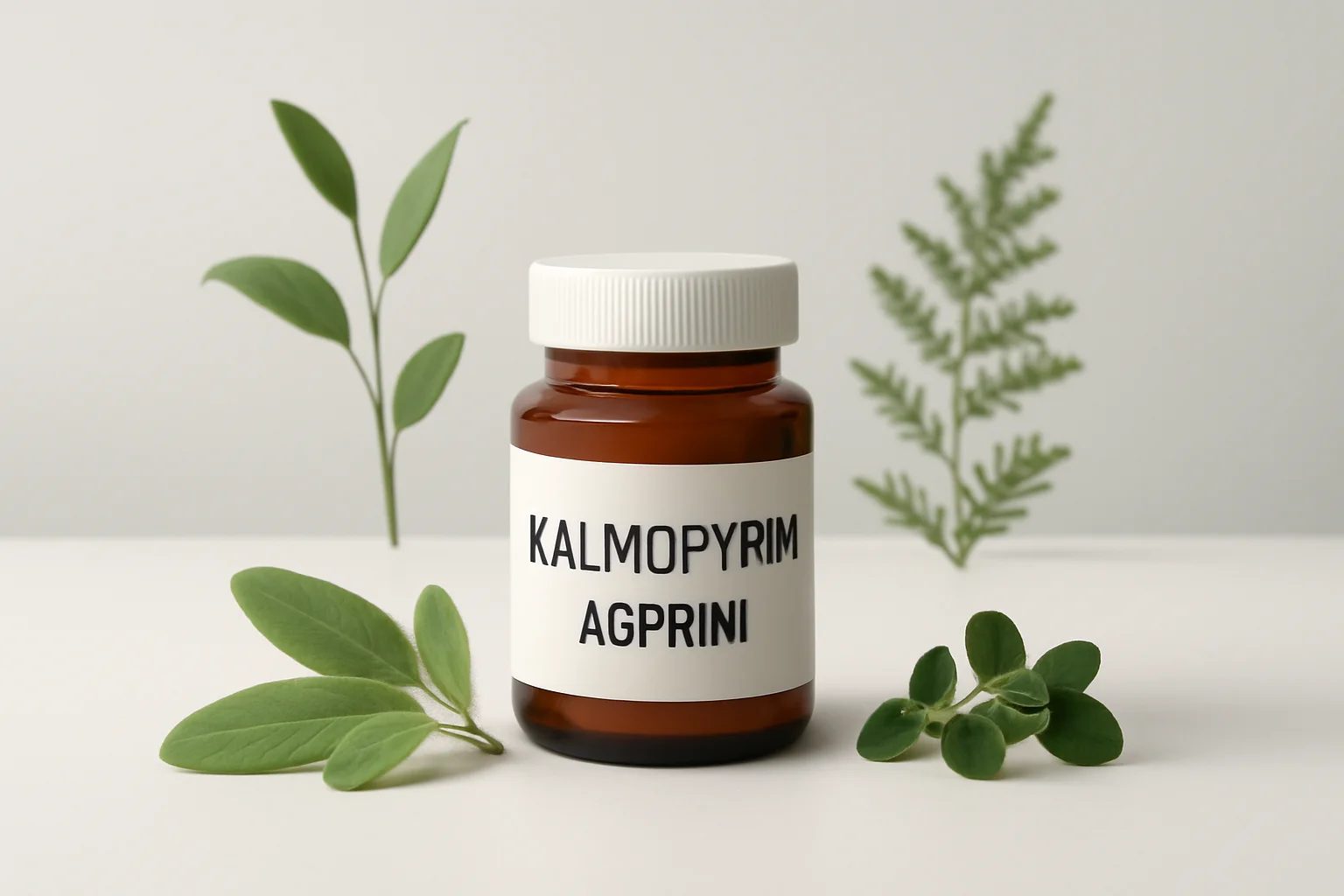
The Secrets of Libido: How Can We Increase Our Sexual Desire?
The libido, or sexual desire, is a concept closely related to human psychology and physiology. The complex system of human sexuality depends on many factors, including hormonal balance, psychological state, environmental influences, and social interactions. The level and changes in libido often reflect quality of life, relationship dynamics, and overall health.
Libido levels vary from person to person, and they are significantly influenced not only by biological factors but also by psychological and social aspects. In modern society, questions related to libido are often treated as taboos, even though these issues affect many individuals. A decrease in sexual desire, or conversely, an increased interest in sexuality, is often intertwined with other life challenges, such as stress, workplace pressure, or relationship problems.
These factors not only influence libido but also affect an individual’s health and well-being. Therefore, libido not only determines the quality of sexual life but also plays a key role in personal happiness and satisfaction. This is why it is important to understand what influences libido and how to positively impact it.
What Influences Libido?
Libido is influenced by numerous factors, among which hormonal changes, psychological state, and environmental influences are the most important. Hormones, such as testosterone and estrogen, play a significant role in the development of sexual desire. A disruption in hormonal balance, which can be caused by stress, unhealthy diet, or lack of sleep, can decrease libido.
Psychological factors also play a key role. A person’s emotional state, self-esteem, and relationship dynamics all influence sexual desire. Anxiety, depression, or even relationship problems can contribute to a decrease in libido. Factors that positively influence sexual desire include trust and love for the partner, as well as open communication about desires and needs.
Environmental influences, such as workplace stress or family obligations, can also strongly affect libido. People often feel that the challenges of everyday life, such as workplace pressure or parenting, diminish their sexual desire. Lack of leisure time and fatigue can also play a role in the decrease of libido.
Overall, libido is a complex phenomenon influenced by numerous factors. It is important for individuals to be aware of these effects and to consciously strive to maintain or increase their libido.
Natural Methods to Increase Libido
There are several natural methods to increase libido that can help restore sexual desire. The first and most important step is to establish a healthy lifestyle. Regular exercise, balanced nutrition, and adequate sleep can all contribute to maintaining hormonal balance, which is essential for libido.
Exercise not only improves physical condition but also positively influences mood. Regular workouts stimulate the production of happiness hormones, such as endorphins, which can help reduce stress and increase sexual desire. Additionally, exercise improves blood circulation, which also has a favorable effect on sexual performance.
Nutrition also plays a key role. Certain foods, such as nuts, leafy greens, fruits, and fish, are rich in nutrients that support hormonal balance. Omega-3 fatty acids, zinc, and B vitamins can all contribute to increasing libido. Reducing alcohol consumption and avoiding smoking can also be important steps in maintaining libido.
Stress management techniques, such as meditation, breathing exercises, or yoga, can also help increase libido. These methods reduce stress, improve overall well-being, and help maintain psychological balance, which is essential for sexual desire. Open communication with our partner and strengthening intimacy are also important factors that can contribute to increasing libido.
Causes and Treatment of Decreased Libido
A decrease in libido can be a problem for many people and can have numerous causes. Hormonal imbalance, psychological factors, stress, and relationship problems can all contribute to a decline in sexual desire. It is important for individuals to recognize these causes and take appropriate steps to address them.
Hormonal changes, particularly a decrease in testosterone levels, are a common cause of decreased libido. This particularly affects men, but it can also occur in women. Hormone replacement therapy or natural methods, such as improving nutrition and introducing exercise, can help improve the situation.
Psychological factors, such as anxiety, depression, or self-esteem issues, also have a significant impact on libido. Psychological support, such as therapy or couples counseling, can help address these issues and restore sexual desire.
Reducing stress and resolving relationship problems are also important steps. Open communication between partners, strengthening intimacy, and introducing shared leisure activities can help improve relationships, which directly impacts libido.
Thus, treating decreased libido is a multifaceted task that involves addressing hormonal, psychological, and social factors. Individuals must consciously strive to maintain their sexual desire and seek professional help if necessary.
**Warning**: This article does not constitute medical advice. For health issues, everyone should follow their doctor’s advice.

